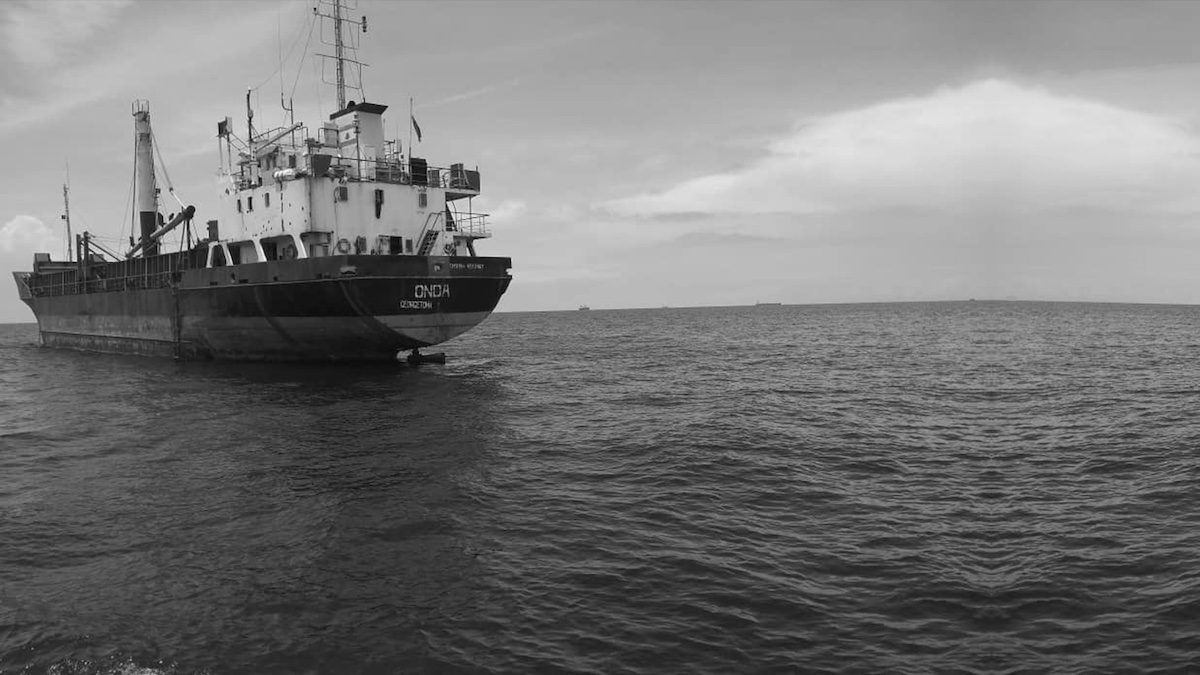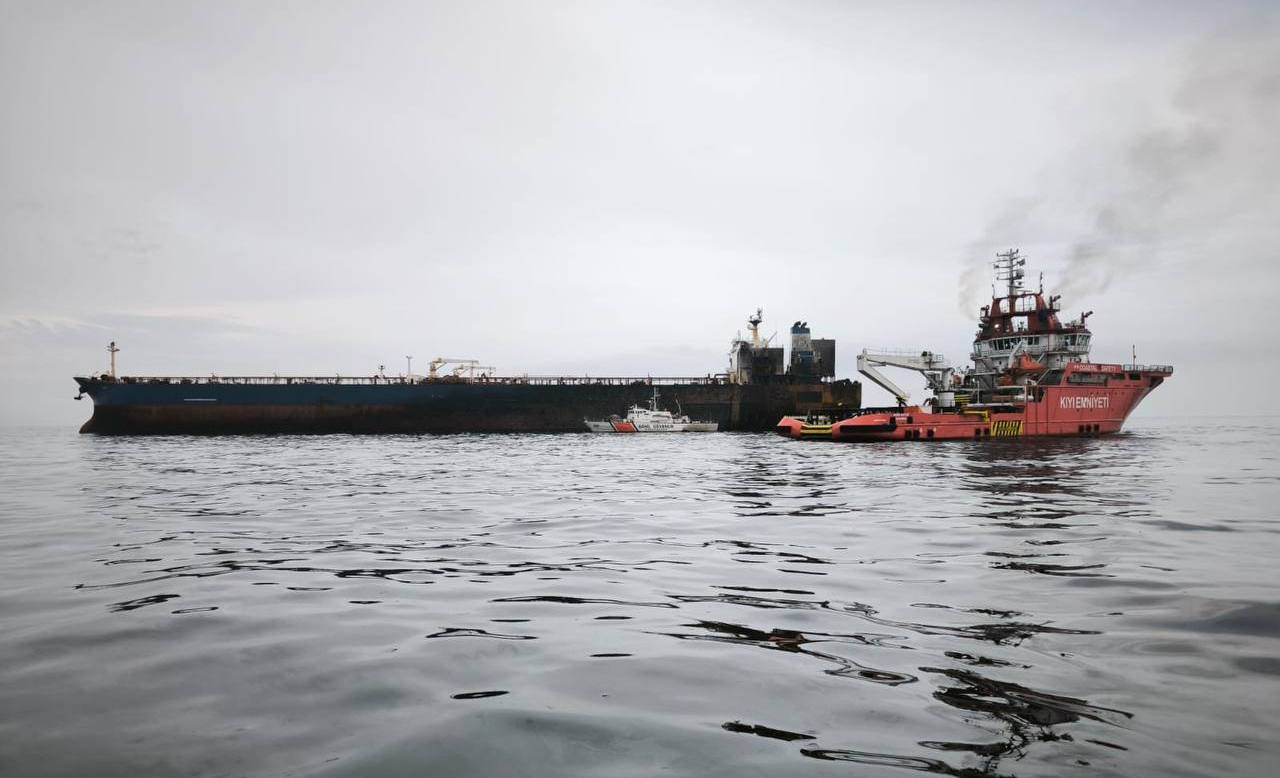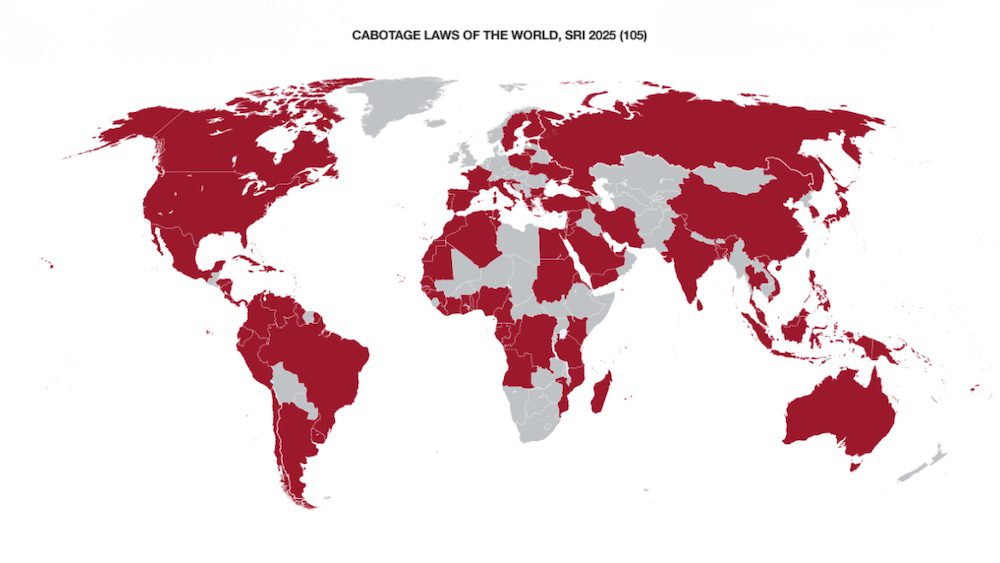New figures released by the International Transport Workers’ Federation (ITF) reveal a disturbing 30% year-on-year surge in seafarer abandonment cases worldwide in 2025.
At least 2,286 seafarers on 222 vessels have been left stranded so far this year, often without pay, food, or medical support. The crisis represents $13.1 million in unpaid wages, compared to 172 cases involving 1,838 seafarers and $11.5 million in unpaid wages at the same point in 2024 – which was already the worst year on record for abandonments.
The Arab World accounts for a staggering 37% of all abandonment cases in 2025 – the highest proportion globally. Another 34% have occurred in Europe, with Turkey (which has yet to ratify the Maritime Labour Convention) seeing the majority of these cases.
“We are seeing a pattern of abuse that cannot be ignored and that must be confronted,” said Steve Trowsdale, the ITF’s Inspectorate Coordinator. “In recent years, the Gulf region, and the UAE in particular, has seen a huge increase in seafarer abandonment cases. Both there and in Europe, much more must be done to crack down on the rogue shipowners who need to know there’ll be consequences.”
Under international law, ‘abandonment’ specifically refers to cases where seafarers are denied pay for two months or more, left stranded, or deprived of food or medical support.
The ITF points to the Flags of Convenience (FOC) system as a central enabler of the crisis. Nearly 75% of abandoned vessels in 2025 are registered under FOC states, with St. Kitts & Nevis (26), Tanzania (26) and Comoros (18) dominating the abandonment lists.
“The Flags of Convenience system is parasitic on the maritime industry,” Trowsdale added. “It allows shipowners to hide behind paper jurisdictions while seafarers are left abandoned on rusting hulls. And when countries enable these crimes by looking the other way – or worse, profiting from them – they become complicit.”
The ITF is calling on international regulators, port states, and the International Maritime Organization to take urgent action, warning that continued inaction threatens not just seafarers’ lives but the integrity of the shipping industry itself – an industry already facing a recruitment and retention crisis.
Common factors contributing to abandonment include lack of enforcement from flag and port states, absence of adequate vessel insurance, and shipowners refusing to accept responsibility for crew welfare.
“There must be accountability. If we allow this exploitation to continue, we destroy the very workforce global trade depends on,” Trowsdale concluded.
Editorial Standards · Corrections · About gCaptain

 Join The Club
Join The Club











